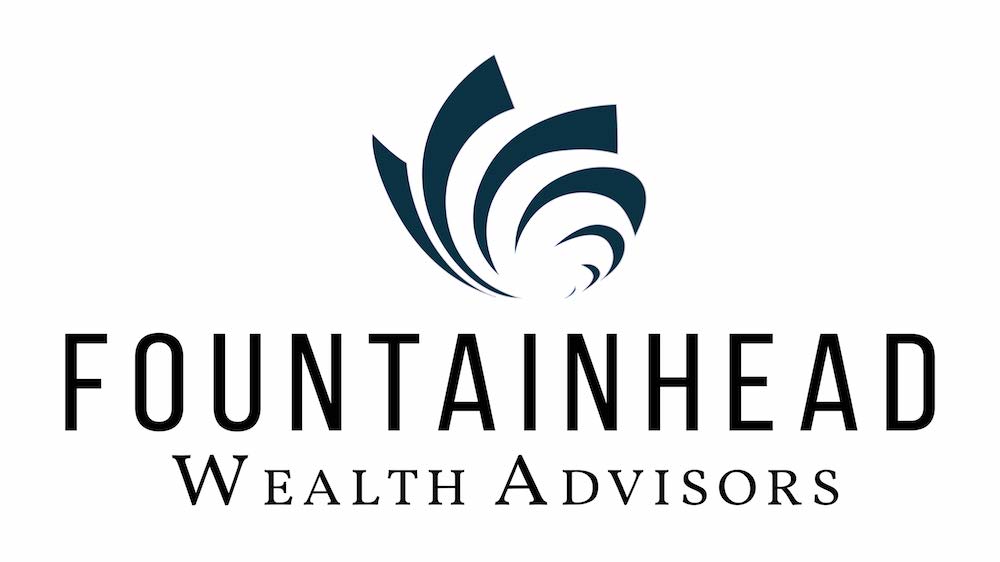Follow Us
You may have heard the term Direct Indexing and wondered what it really means, and why it’s becoming so popular. We believe that Direct Indexing is the next big thing to shake up retail investing, the same way mutual funds and ETFs have done in the past. But before we look at what direct indexing is, and its benefits, it’s important to understand mutual funds and ETFs.
The modern mutual fund has been around since the 1920’s, with the industry growing to almost 10,000 mutual funds today. Mutual funds pool funds together from many investors, and through a professional manager invest the funds in securities. Individual investors buy a share of the fund, but do not own the underlying securities. Mutual funds are an efficient way for investors to diversify, especially without needing large sums of money. Mutual funds however charge fees that detract from the returns an investor might recognize, and are generally not very tax efficient.
Exchange Traded Funds, or ETFs, act in a similar manner to mutual funds, but with some key differences. ETFs are pooled investments managed by a professional that invests in securities. Like a mutual fund, the investors in ETFs do not own the underlying securities. However, ETFs trade on an exchange, meaning investors are buying or selling shares of the ETF from other investors, not the fund itself. ETFs tend to be cheaper than mutual funds from a fee perspective, as well as trading cost. ETFs are generally more tax efficient than mutual funds, since the capital gains are not passed to the investor until the ETF shares are sold.
As with the evolution of anything, investment options for retail investors have continued to improve over time. With the advent of new technology individual investors have more and more options and resources at their fingertips. Which brings us to Direct Indexing, the next big thing in retail investing. The natural evolution of investing for individuals is the option to not only invest in a single fund, but to actually own the underlying securities held within that fund. Direct
Indexing has been around for some time, but thanks to technology it has become scalable enough for individual investors. Direct indexing puts together a basket of securities that mimics and index, and the investor actually owns all the underlying shares in the fund. Direct indexing is more cost efficient than both mutual funds and ETFs, as there are no fees associated with the index, and trading costs are minimized. The real benefit of direct indexing is the tax efficiency, most notably the ability to take advantage of individual stock tax-loss harvesting. Because the investor owns the underlying securities they are able to sell a security at a loss and offset gains for tax purposes. This provides the investor with a much more tax efficient fund, and the flexibility to take advantage of the individual securities they own.
Given the ability to own underlying securities, and take advantage of tax-loss harvesting, direct indexing will disrupt the current retail investing space. We believe prudent investors want, and deserve, the ability to have the diversification of a fund with the benefits of owning the underlying securities. Direct indexing is the answer many investors have been waiting for, and will be the next big thing in retail investing.
The above summary has been obtained from sources we believe to be reliable, but we cannot guarantee its accuracy or completeness. Past performance is no guarantee of future results.
The opinions in the preceding commentary are as of the date of publication and are subject to change. Information has been obtained from a third party sources we consider reliable, but we do not guarantee the facts cited are accurate or complete. This material is not intended to be relied upon as a forecast or investment advice regarding a particular investment or the markets in general, nor is it intended to predict or depict performance of any investment. We may execute transactions in securities that may not be consistent with the report’s conclusions. Investors should consult their financial advisor on the strategy best for them. Past performance is no guarantee of future results. Securities offered through Kalos Capital, Inc. and Investment Advisory Services offered through Kalos Management, Inc., both at 11525 Park Woods Circle, Alpharetta, Georgia 30005, (678) 356-1100. Fountainhead Wealth Advisors is not an affiliate or subsidiary of Kalos Capital, Inc. or Kalos Management, Inc.

